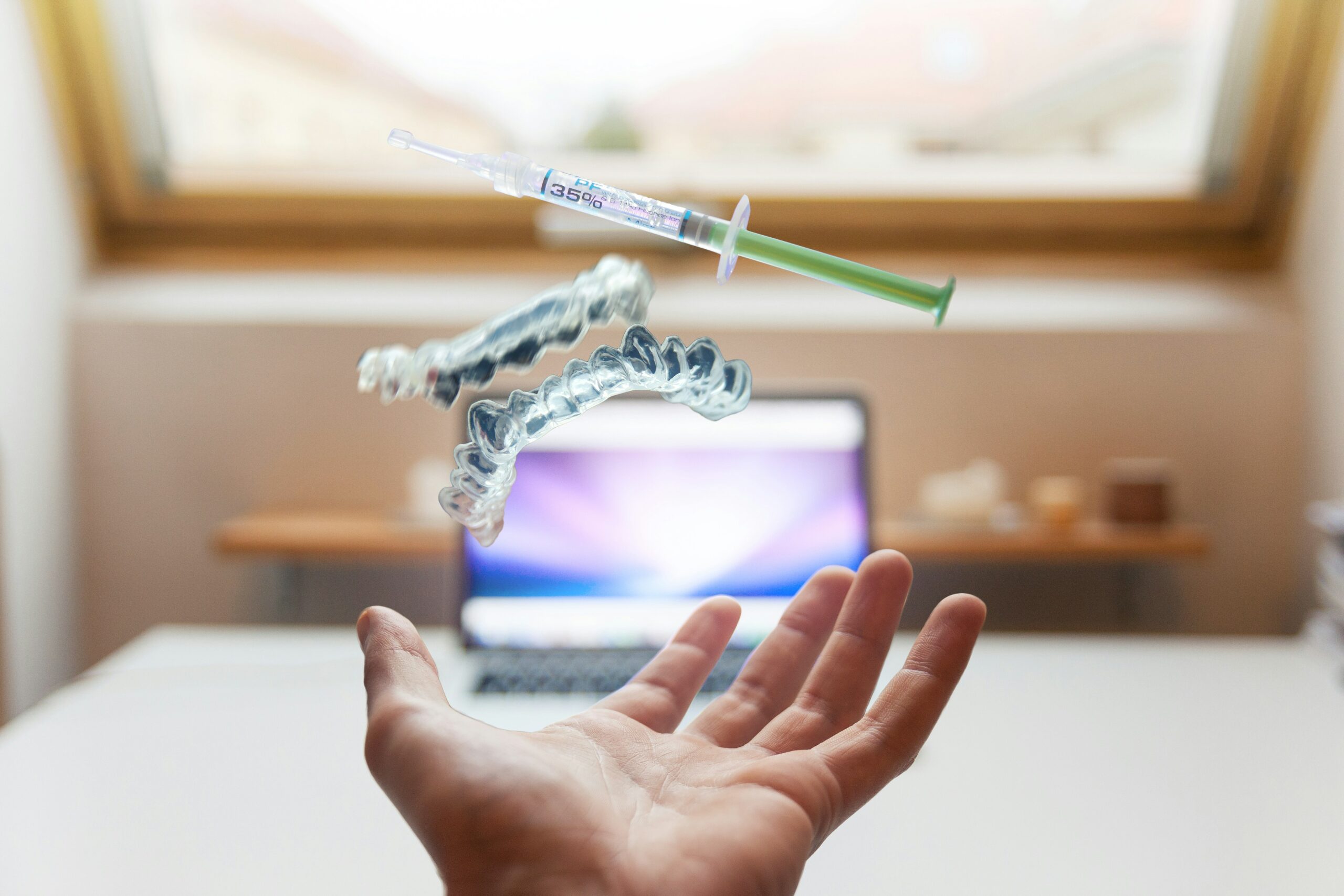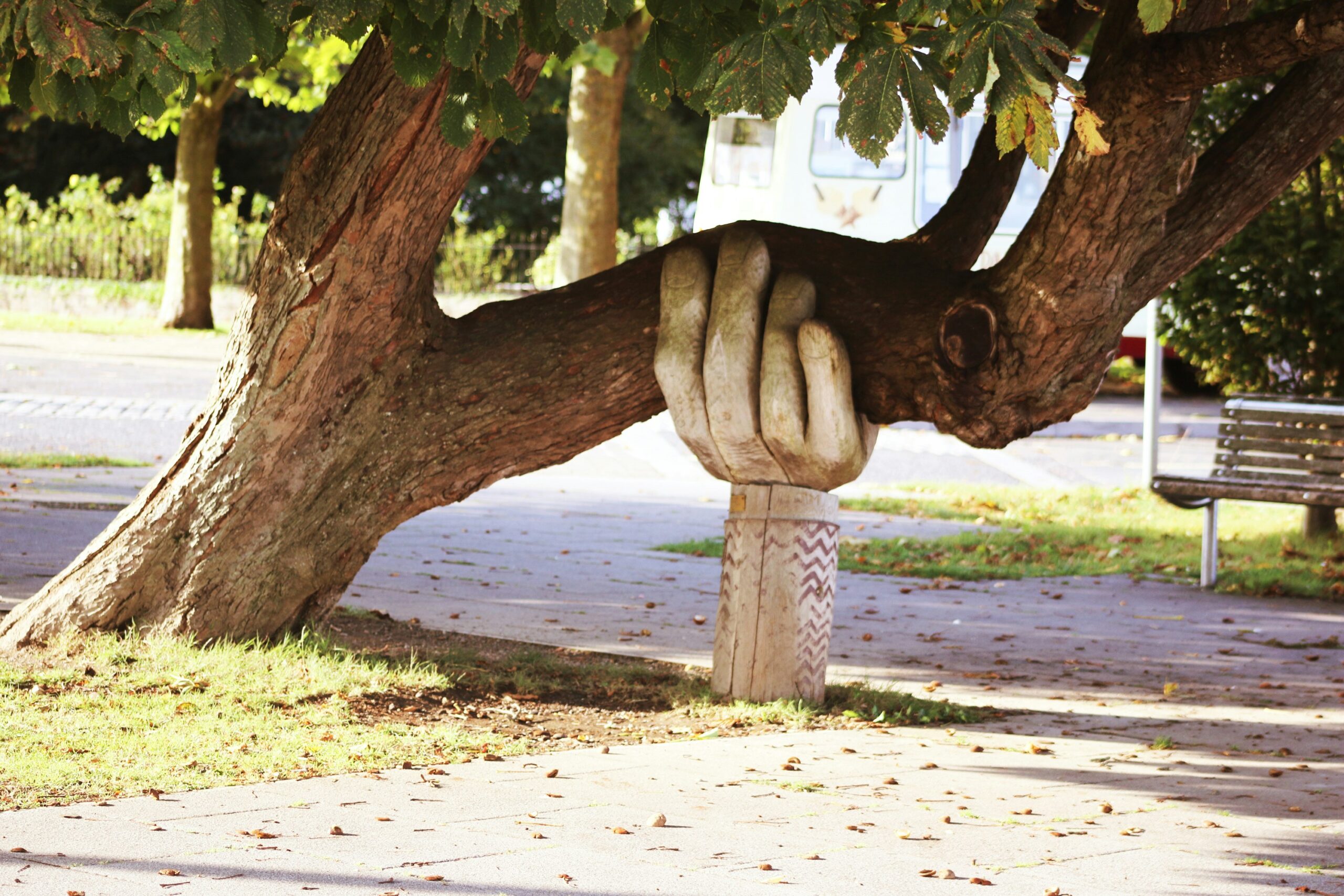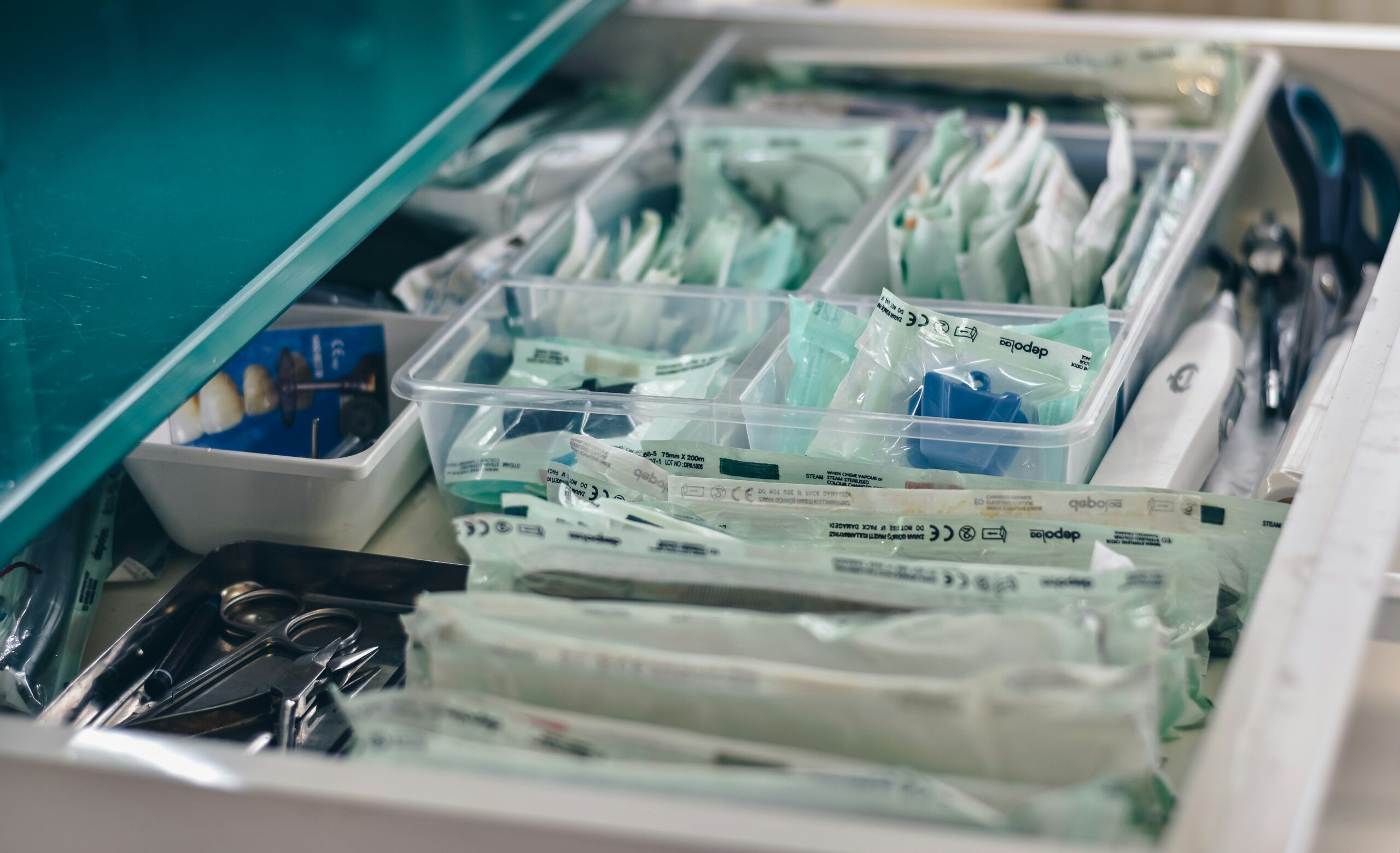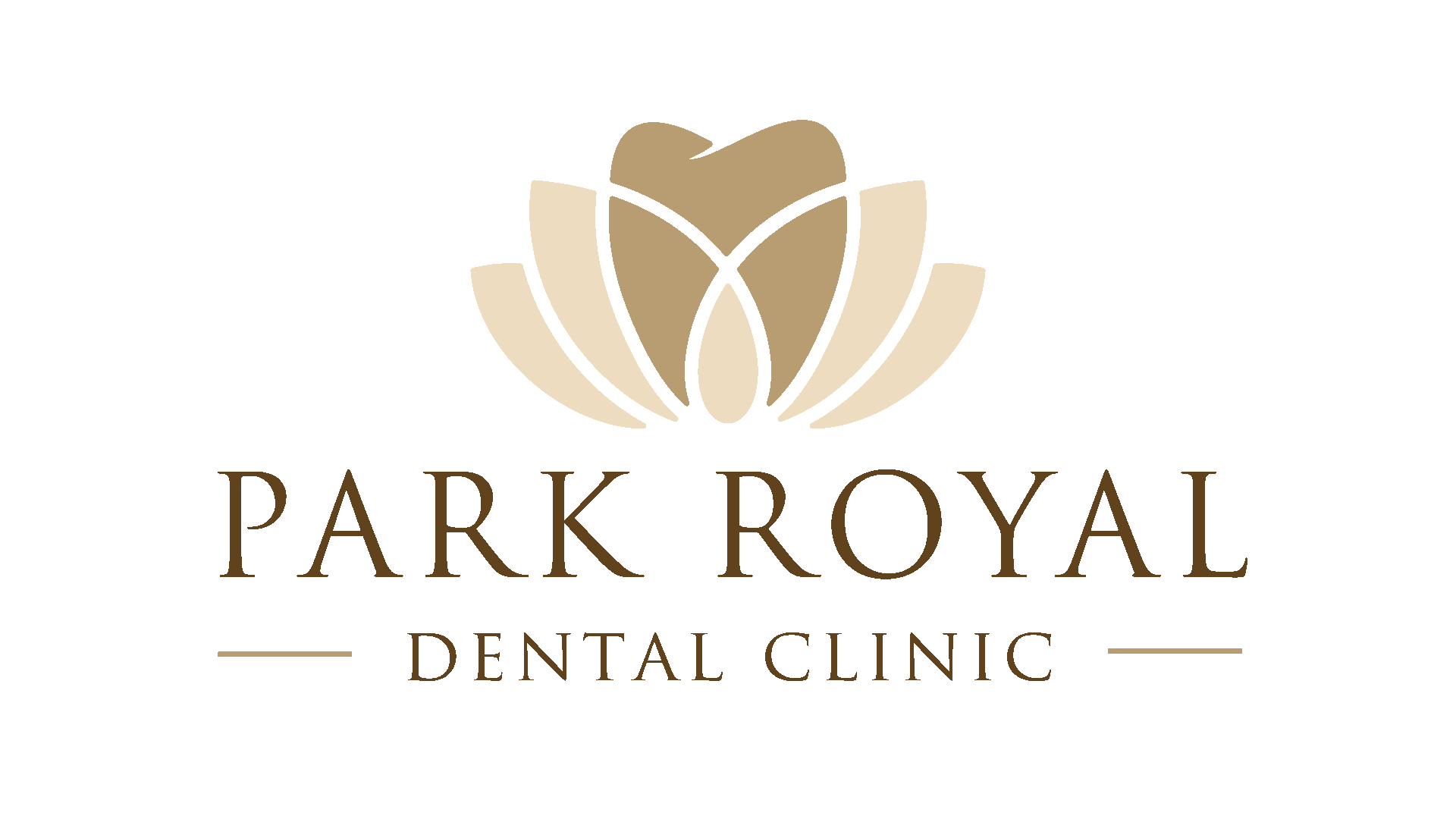Understanding the Importance of Dental Hygiene Visits
Regular dental hygiene visits are fundamental to maintaining optimal oral health. These appointments, typically scheduled every six months, involve comprehensive examinations and cleanings that significantly contribute to the prevention of various dental diseases. A dental hygienist plays a crucial role in these visits, as they are trained professionals responsible for assessing oral health, performing cleanings, and providing vital education regarding proper oral care practices.
The connection between oral health and overall health has been widely recognised in the medical community. Research indicates that poor dental hygiene can lead to systemic health issues, such as cardiovascular disease, diabetes, and respiratory infections. By attending routine dental hygiene appointments, patients not only enhance their oral health but also contribute to their overall well-being. These visits allow dental professionals to identify potential problems early on, preventing complications that may arise from untreated dental issues.
View this post on Instagram
During a typical dental hygiene visit, hygienists thoroughly clean the teeth and gums, removing plaque and tartar buildup that contribute to gingivitis and periodontal disease. They also conduct an oral examination, looking for signs of cavities, gum disease, and other dental problems. Education is a key component of these visits; hygienists often provide guidance on the best practices for at-home dental care, including the proper techniques for brushing and flossing, as well as recommendations for dietary choices that support oral health.
Ultimately, the importance of regular dental hygiene visits cannot be overstated. They serve not only as a preventive measure against dental disease but also as a foundation for a broader commitment to health, fostering a proactive approach that positively impacts one’s quality of life. Therefore, setting aside time for these essential appointments is an investment in both oral and overall health.
Preparing for Your Dental Hygiene Appointment
Preparing for your dental hygiene appointment can significantly influence the effectiveness of your visit. One of the first steps is to gather relevant health information that may impact your dental care. This can include details about any medical conditions, allergies, or past dental procedures you have experienced. It is essential to provide your dental hygienist with a comprehensive overview of your health history to ensure personalised care and the identification of any potential issues that may need to be addressed during the appointment.
Dealing with dental anxiety is another important aspect to consider before your visit. It’s not uncommon for individuals to feel apprehensive about dental appointments. To help alleviate this anxiety, consider communicating your concerns with your dental hygienist beforehand, as they can offer strategies to make your experience more comfortable. Techniques such as deep breathing, visualisation, or even meditation can be beneficial. You may also want to bring along soothing music or an audiobook to listen to during the procedure, which can help distract you from any discomfort.
Additionally, it is advisable to prepare a list of items to bring to your dental hygiene appointment. Ensure you have your insurance information handy as well as any relevant identification to facilitate the check-in process. If you are taking medications, compiling a list of these can also be beneficial, as the dental team may need to know about them to provide the best care possible. By adequately preparing for your appointment, you can help ensure a smoother and more productive dental hygiene visit, paving the way for improved oral health in the long run.
Typical Procedures During a Dental Hygiene Visit
During a dental hygiene visit, patients can expect a series of comprehensive procedures designed to maintain optimal oral health. The first step usually involves an initial assessment, where the dental hygienist reviews the patient’s medical and dental history. This is crucial as it helps in identifying any risk factors or underlying conditions that may affect oral health. Following this assessment, the hygienist conducts a clinical examination which often includes checking for signs of gum disease, cavities, or any abnormalities in the mouth.
One of the most essential components of a dental hygiene visit is teeth cleaning, which typically includes scaling and polishing. Scaling involves the removal of plaque and tartar from the surface of the teeth using specialised instruments. This process is vital since plaque can lead to gum disease and cavities if not removed. After scaling, the hygienist will proceed with polishing the teeth using a gritty toothpaste and a high-powered electric brush. This step not only enhances the appearance of the teeth but also makes it more difficult for plaque to accumulate on the polished surfaces.
Another common procedure during a dental hygiene visit is the application of fluoride treatments. Fluoride is a mineral that helps to strengthen tooth enamel and prevent decay. This treatment usually involves the application of a fluoride gel, foam, or varnish to the teeth and is particularly beneficial for patients at higher risk for cavities. Additionally, the use of X-rays may also be part of the visit, especially for diagnosing issues not visible during the clinical examination. X-rays can reveal hidden cavities, bone loss, and other dental concerns that require attention.
Overall, each of these procedures contributes to a comprehensive dental hygiene visit aimed at fostering long-term oral health and prevention of dental issues.
After the Appointment: Follow-Up Care and Recommendations
Upon completion of your dental hygiene visit, it is essential to follow specific post-appointment care instructions to ensure your oral health remains optimal. Dental professionals often provide personalised recommendations based on the findings during your visit. These instructions may include guidelines for managing any discomfort experienced during the cleaning process. While some patients may experience mild sensitivity after their appointment, it typically resolves within a few days. Using a soft-bristled toothbrush and non-abrasive toothpaste can help alleviate discomfort.
Following your dental hygiene visit, your dentist or hygienist will likely stress the importance of maintaining regular dental check-ups. It is advisable to schedule these visits every six months, or as recommended, to effectively monitor your oral health. Regular appointments allow your dental provider to detect any potential issues early, preventing more serious complications in the future. Furthermore, these visits are an opportunity to receive tailored advice on your oral hygiene routine and any changes that could benefit your overall dental health.
To maintain good oral hygiene at home, patients are encouraged to incorporate a consistent brushing and flossing routine into their daily lives. Brushing twice a day with fluoride toothpaste and flossing once daily significantly decreases the likelihood of plaque buildup and cavities. Additionally, utilising mouthwash can enhance oral cleanliness by reaching areas that toothbrushes may miss. A balanced diet also contributes to oral health; limit sugary snacks and beverages that can lead to tooth decay.
Overall, adhering to post-appointment recommendations and maintaining a diligent oral care regimen will enhance your dental health, ultimately leading to a bright and healthy smile.




